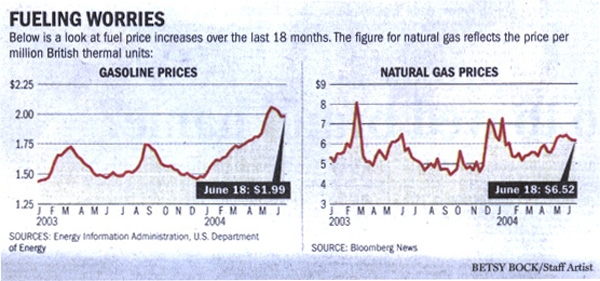What actually happened in California was that the system was a little short on capacity –- not actually less capacity than demand, but the usual margin wasn't there because of a drought and a couple of other things. That created a situation in which energy companies could game the system by strategically taking a plant offline or scheduling a power transmission in such a way that it could be guaranteed to create congestion on the transmission grid, and a whole bunch of other strategies. Basically by pulling power off the market, they could drive prices up.
So what you had was a basically normal, slightly tight power situation that was transformed into a wild chaos of brownouts, blackouts, and prices up to 50 times what's normal due to companies gaming the system. It wasn't some vast conspiracy. It was mostly companies seeing what they could do individually. And it was created by a badly conceived deregulation scheme that set the system up for this to happen. So that's the story, and if you have to say who's to blame, well, companies were out there maximizing profits quite ruthlessly, but that's to be expected. You want to blame Pete Wilson for setting up the system where that could happen, and you want to blame the energy regulators, which basically means the feds, for refusing to do anything about it.
Source: BuzzFlash interview: Paul Krugman via WorkingForChange.com -- 9/12/03 An Alabama jury ruled in 2003 that Exxon shortchanged the state by more than $60 million for gas taken from state-owned waters, a verdict Exxon has appealed. And the Interior Department's inspector general has uncovered at least two cases of multimillion-dollar underpayments.
Lax oversight may also contribute. The Interior Department has fewer auditors than in the past to deal with a rising workload, and has forced out two of its more aggressive and successful auditors.
The Government Accountability Office should respond positively to a request from 22 senators to investigate royalty collections [by the government]. The gap between the high market price for natural gas and the lower calculated price on which royalties are paid has been widening, and it is hard to see why that is justified.
Source: "Gas Royalties Under a Cloud " - NY Times - 1/28/06

Source: Dallas Morning News - 6/20/04